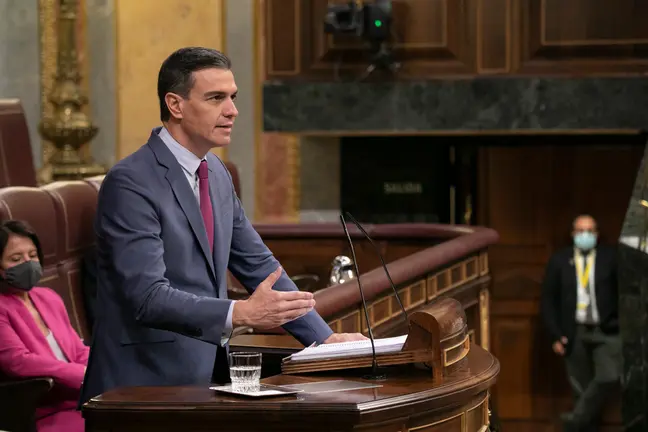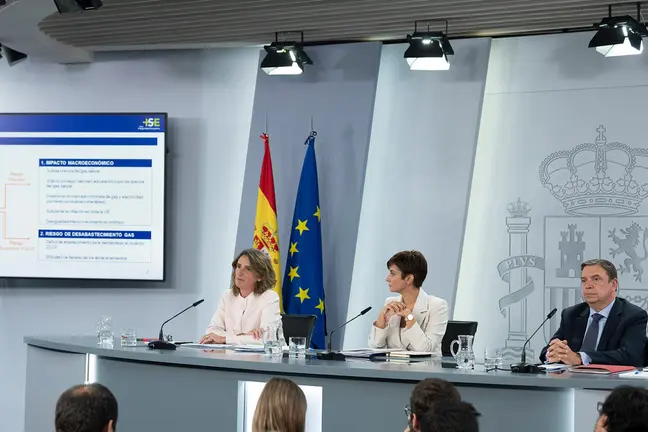Elon Musk has said he will reverse the Twitter ban imposed on former US president Donald Trump as part of his plan to make permanent account suspensions a "rare thing."
The billionaire Tesla boss agreed a $44 billion takeover deal with the Twitter board last month and said at the time that as well as improving the free speech principles of the site, he was looking forward to "enhancing the product with new features."
His takeover is expected to be completed later this year, with Musk saying he would return Trump to the platform after he was banned at the start of last year following the storming of the US Capitol.
Speaking virtually at the Financial Times Future of the Car Summit on Tuesday, Musk said tweets which are illegal or "destructive" should be deleted or made invisible, but accounts must not banned permanently.
He said: "I think there's a general question of should Twitter have permanent bans? I've talked with Jack Dorsey about this and he and I are of the same mind which is that permanent bans should be extremely rare and really reserved for accounts that are bots or spam scam accounts.
"I do think that it was not correct to ban Donald Trump. I think that was a mistake because it an alienated a large part of the country and did not ultimately result in Donald Trump not having a voice ... So I guess the answer is that I would reverse the permanent ban, obviously, I don't own Twitter yet, so this is not a thing that will definitely happen because what if I don't own Twitter?
No permanent bans
"But my opinion and Jack Dorsey, I want to be clear, shares, that we should not have permanent bans. Now, that doesn't mean that somebody gets to say whatever they want to say, if they say something that is illegal or otherwise, just destructive to the world, then that there should be perhaps a timeout, a temporary suspension, or that particular tweet should be made invisible or have very limited traction."
Musk said the ban was a "morally bad decision" which undermined the public's trust in Twitter.
He also spoke of wanting to build trust with users of the platform by showing them "how the algorithm works" and allowing them to "suggest changes."











